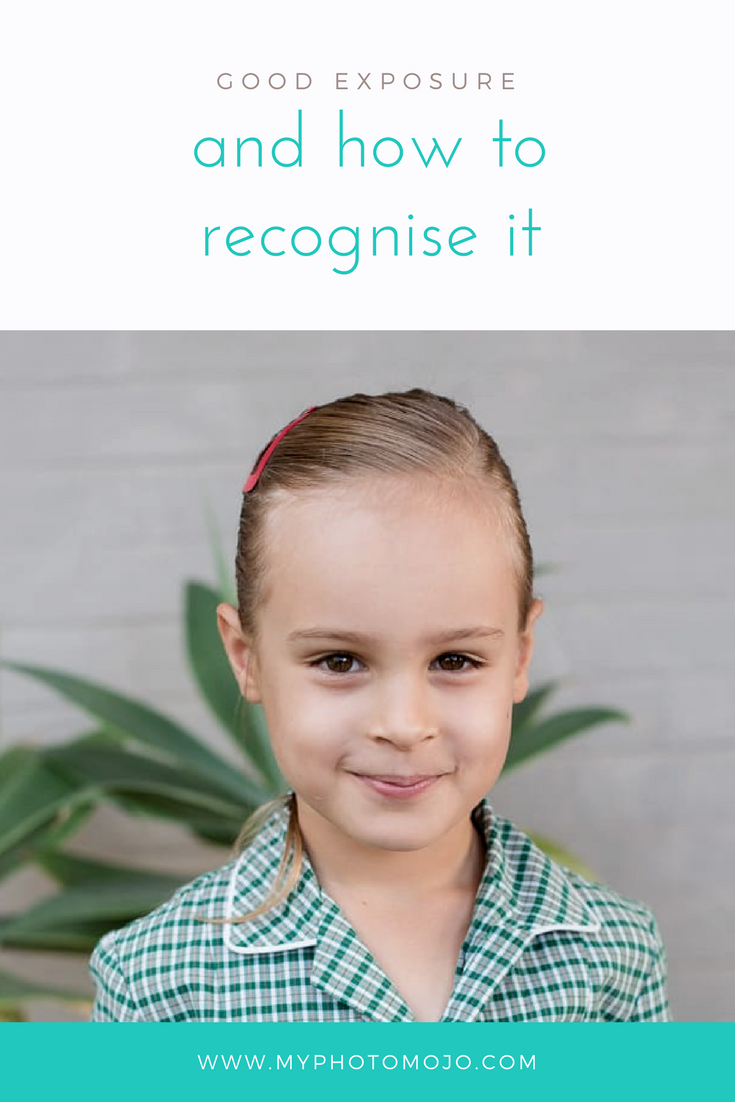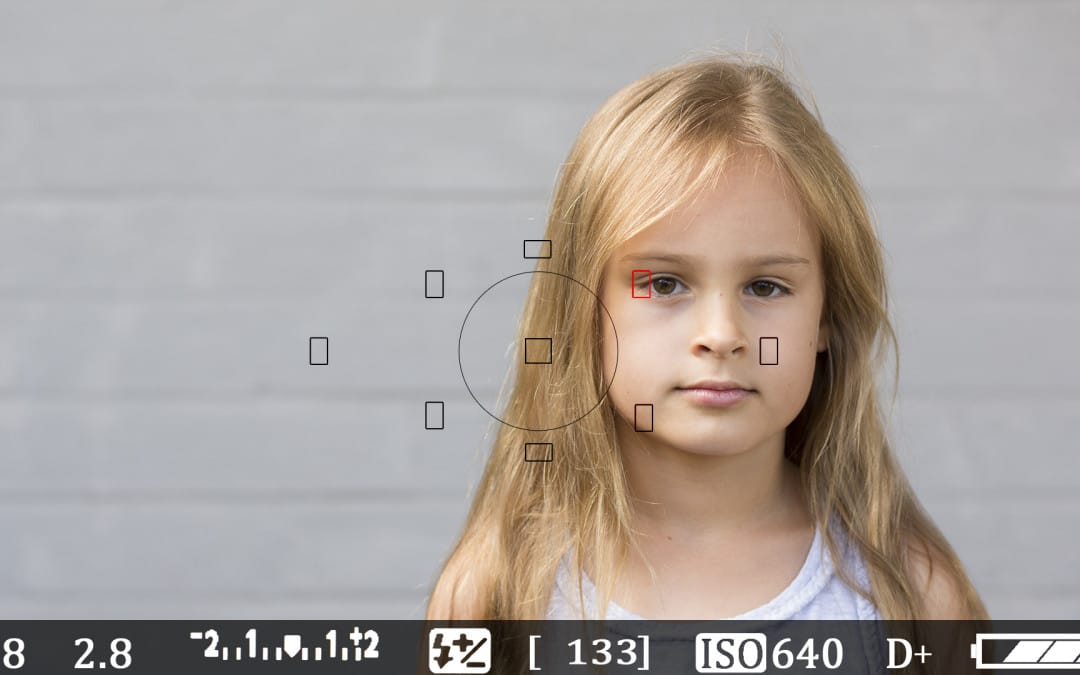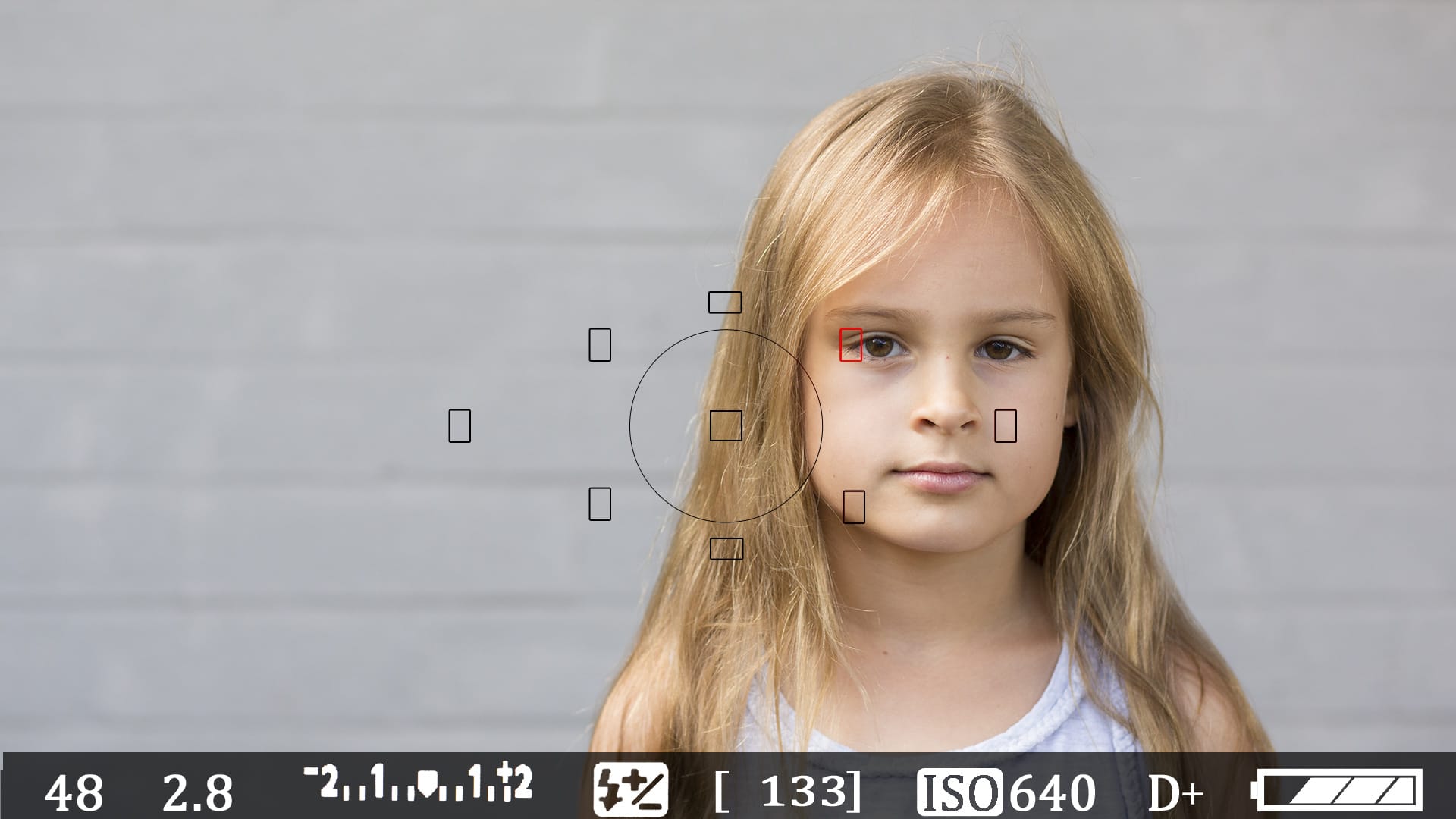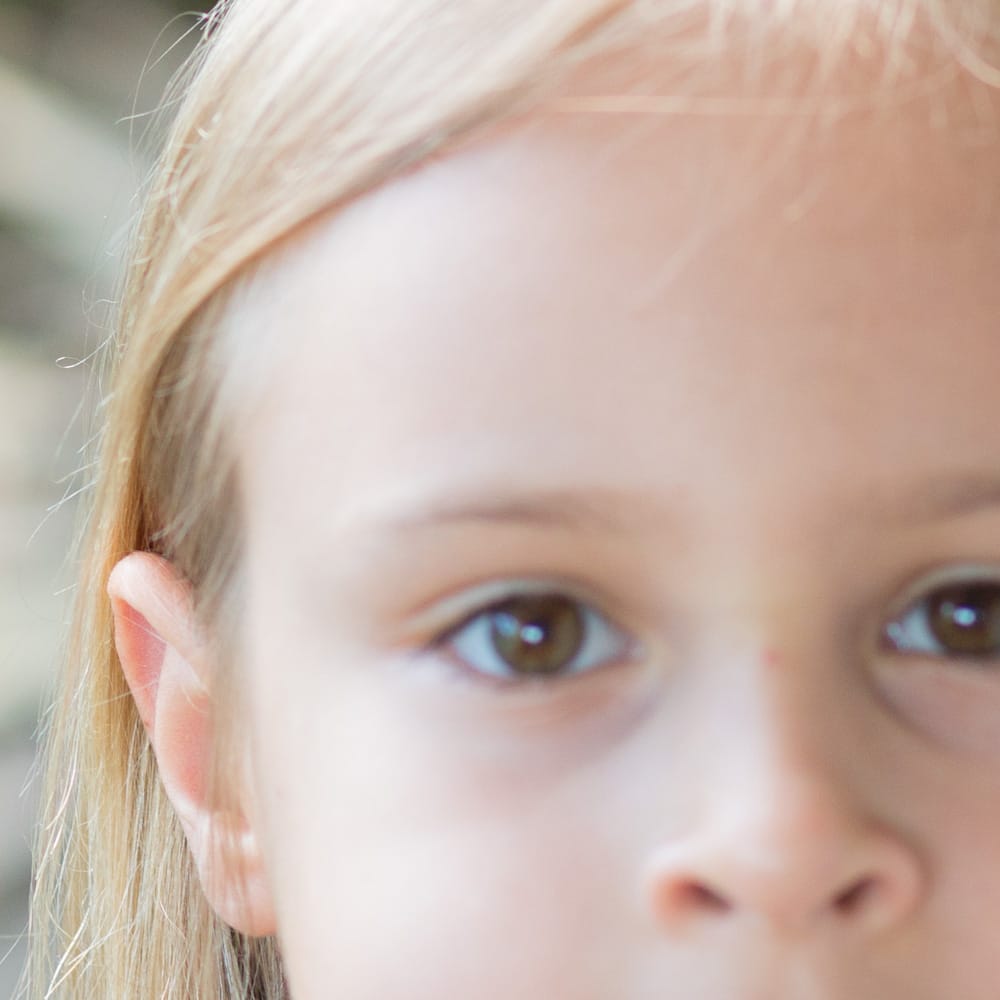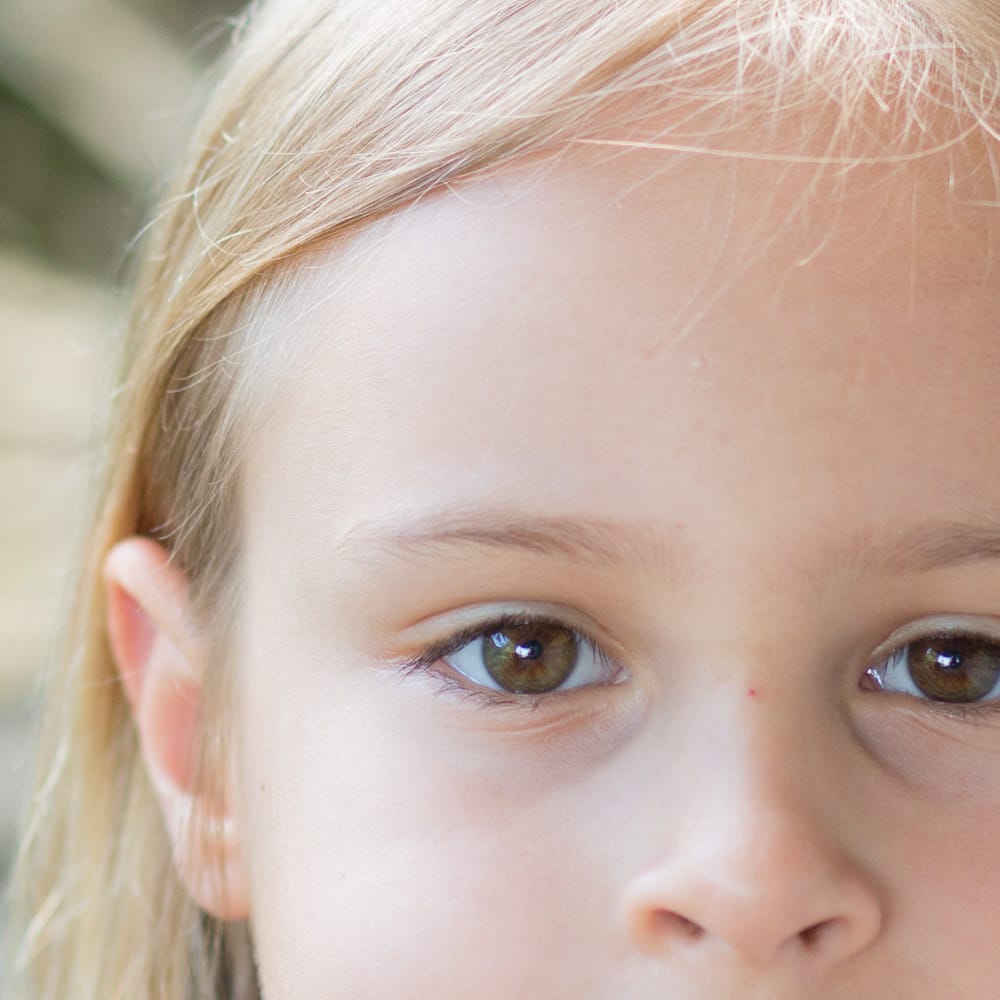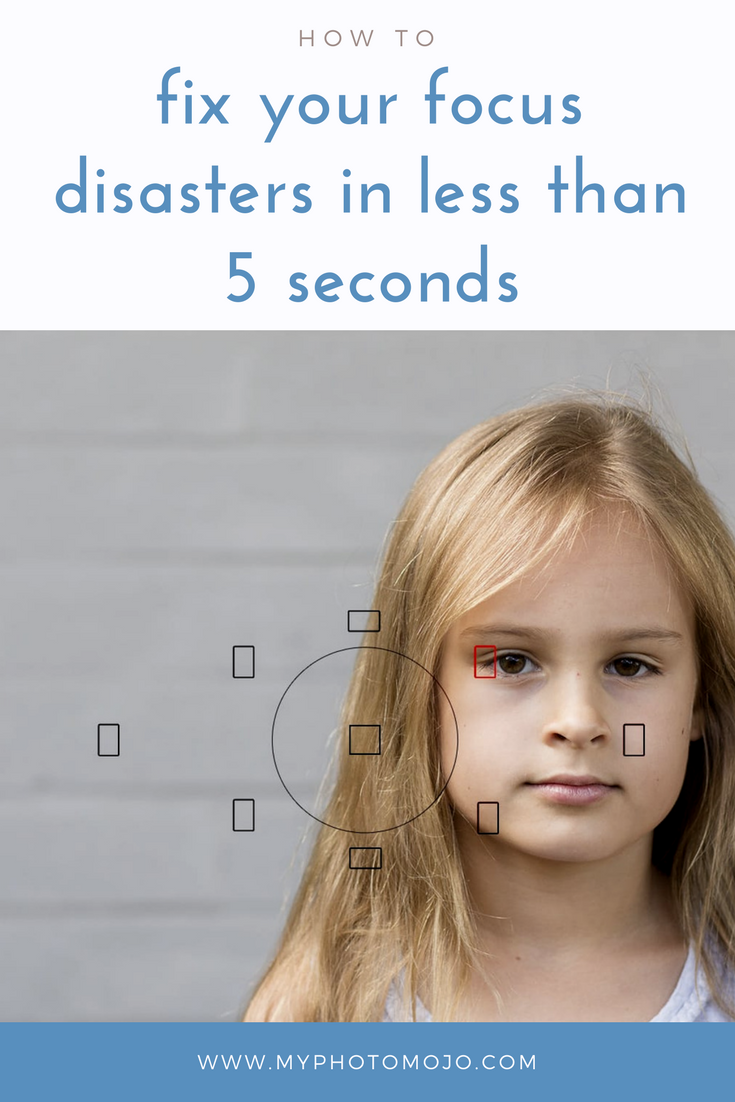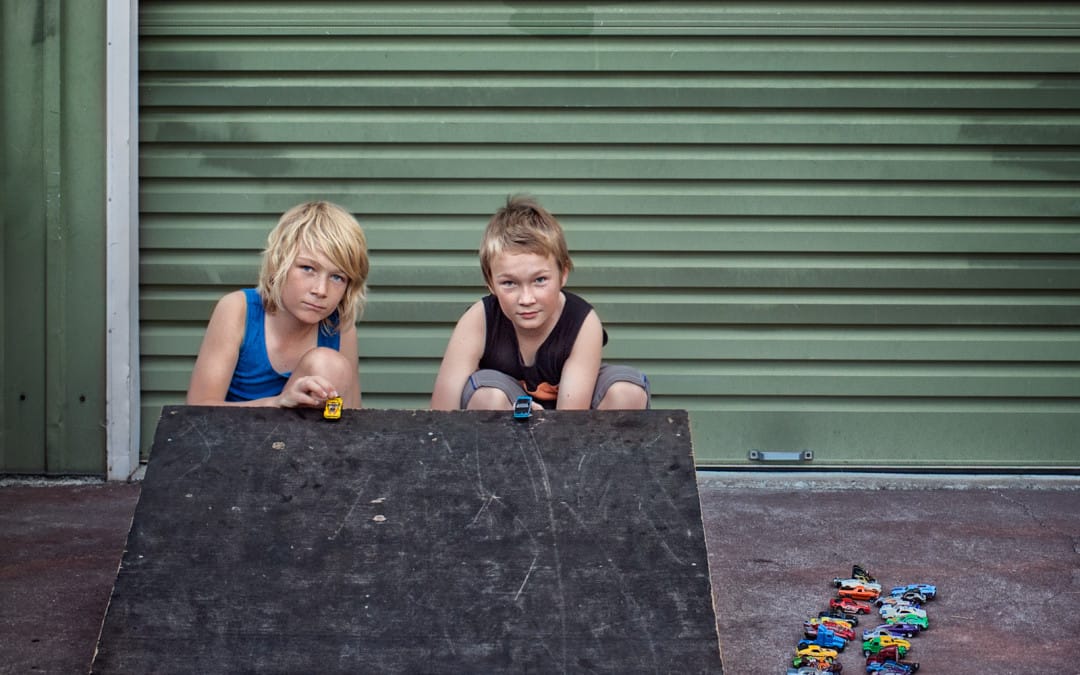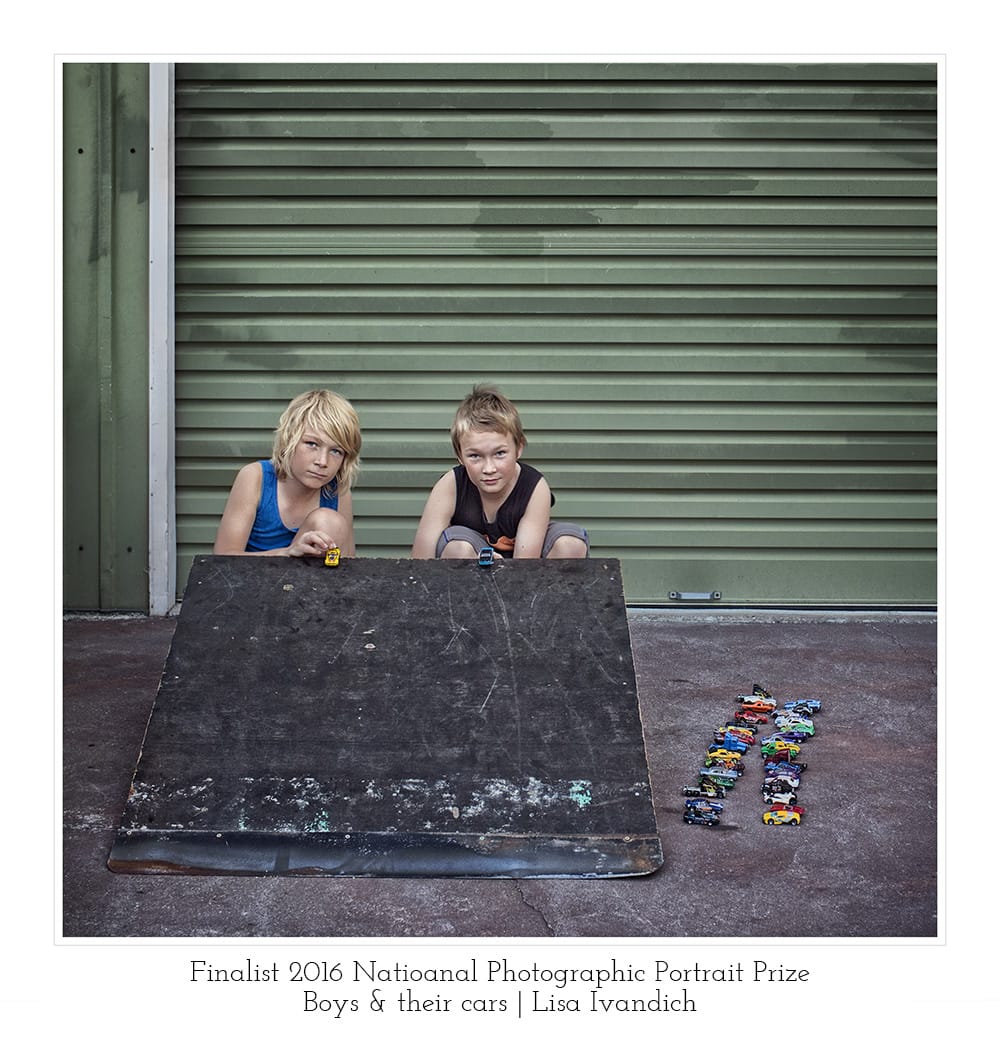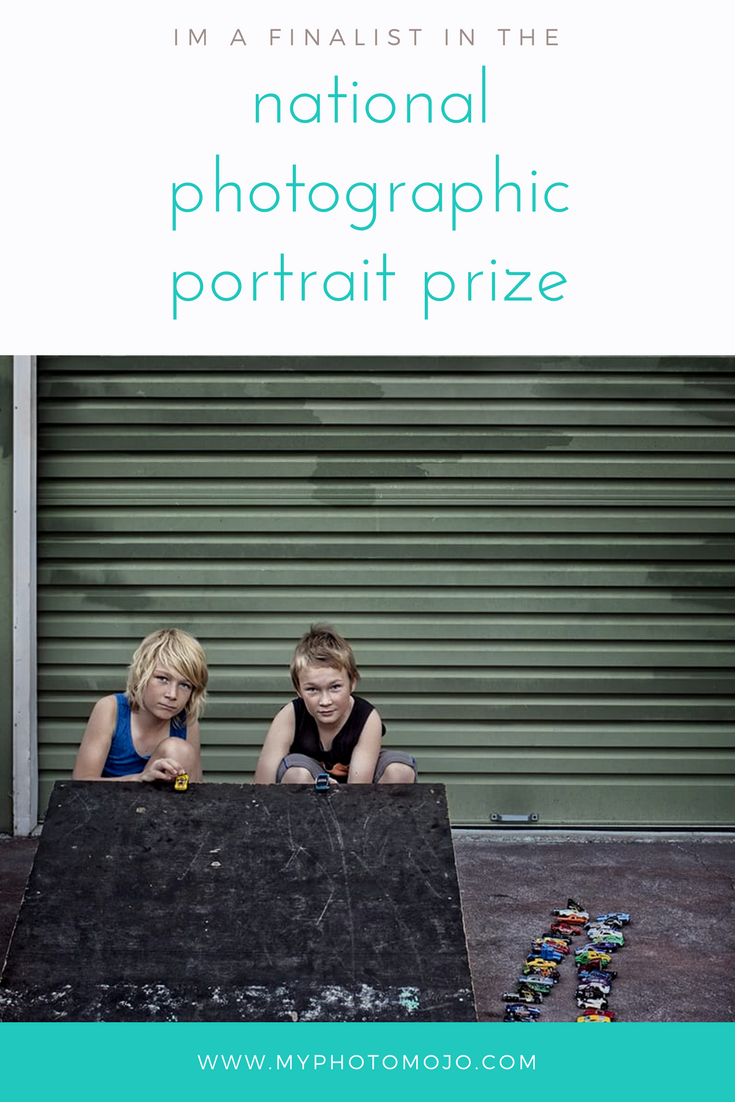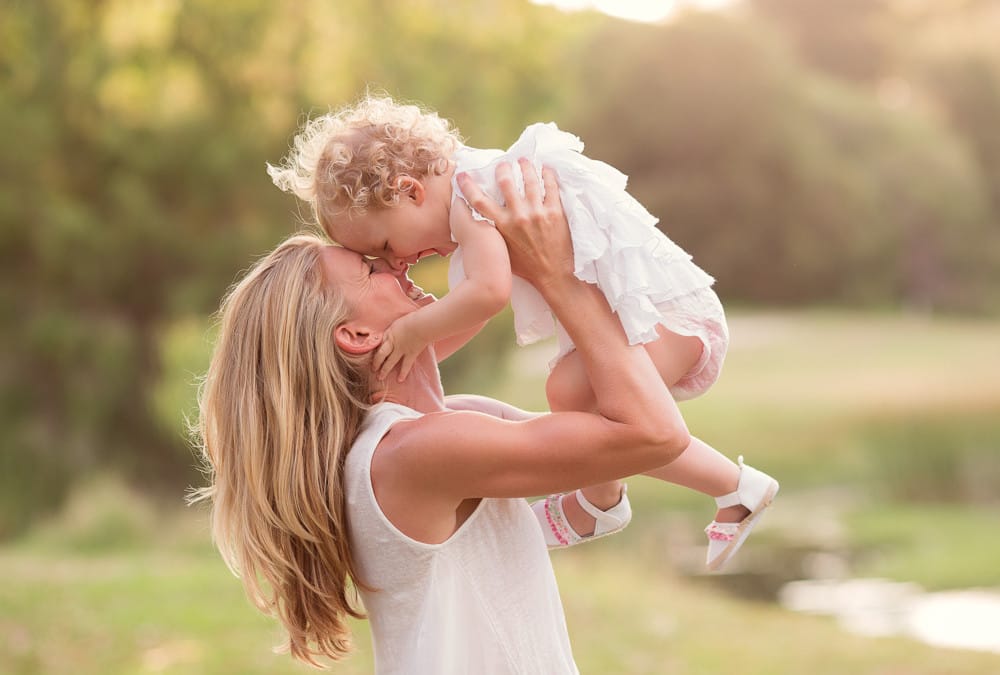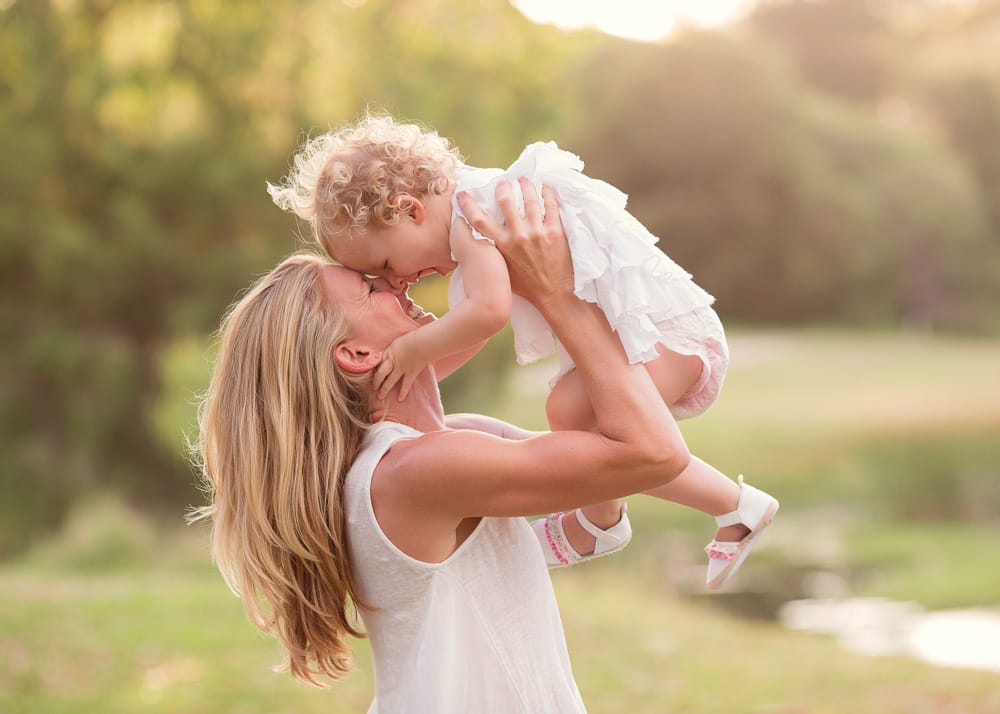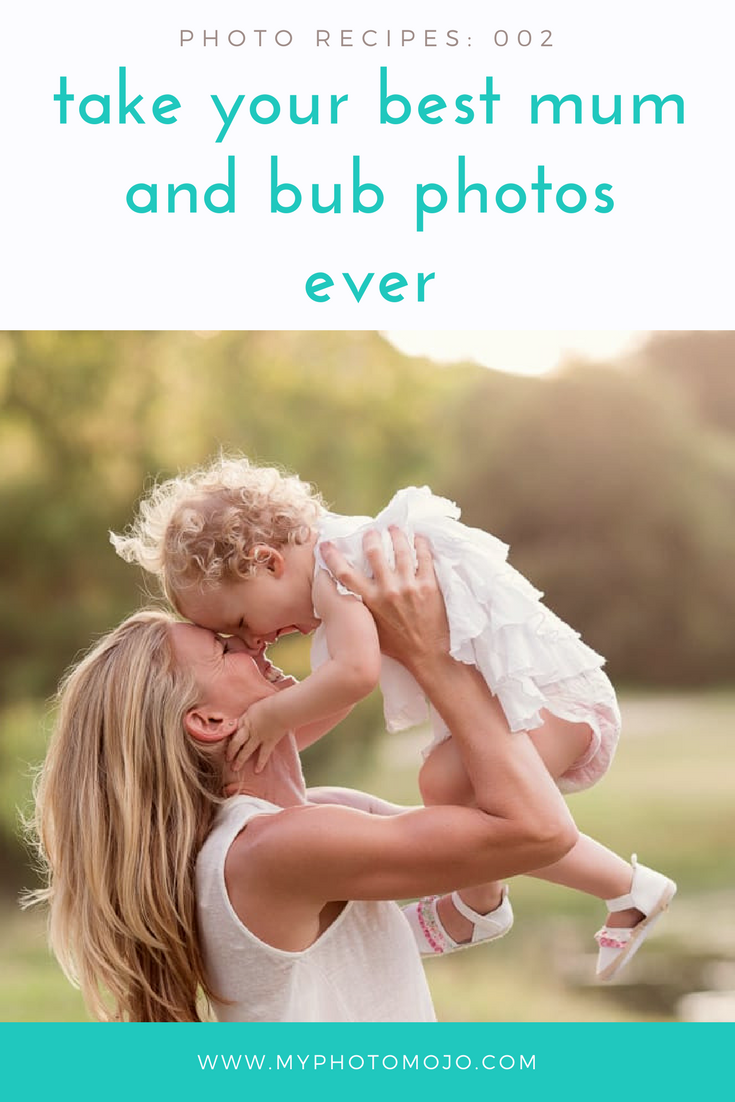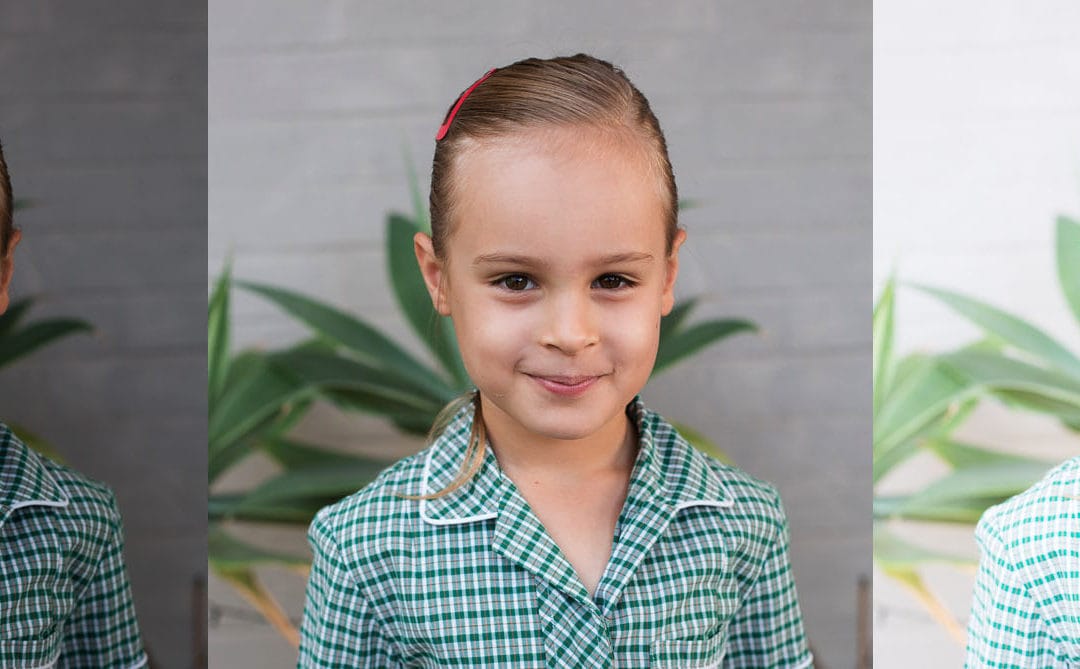
Good exposure and how to recognise it
Good exposure and how to recognise it
Part one of our series of posts on exposure
Imagine that you’d never ever eaten pizza, you didn’t really know what it looked like. You had a vague idea it might involve cheese, but you really don’t know if it had tomato or involved some sort of bread. Even if you were given all the raw ingredients, you’d be feeling pretty lost if you were tasked to make a great pizza. Would you even make something flat? Maybe you’d end up with a cheese and tomato cake, or an olive and basil pie. But a great pizza, the chances are slim. And if you did manage to produce a great pizza, would you know?
Trying to take a great photograph without understanding good exposure is much the same. Even if it takes you some time understand how to achieve it – knowing and recognising good exposure is easy peasy! And once you can see good exposure, you’ll well be on the way to working out how to improve your photographs.
A “good” exposure has the right amount of light on the subject.
Just like goldilocks, it’s not too light & not too dark. It’s just right.

Too Dark
Underexposed
Not enough light

Just right
Good exposure

Too light
Over exposure
Too much light
These three images show you in the simplest way what good exposure is. No need to get technical, learning about histograms or stops. Simply look at your photos with your critical eye and ask yourself if your subject well balanced in terms of light. Not too dark or too light, but just right.
Good exposure = balance.
So off you go, take a look at your photo’s and see how you’ve been going with your exposures. Now that you can see it, we can work on getting good exposure, and I promise – achieving good light balance in your photo’s is going to be so much easier than getting balance in your life :).
Check out the next instalment in our exposure series
